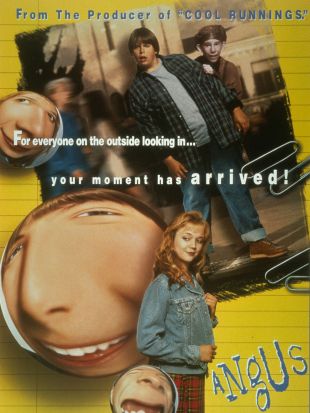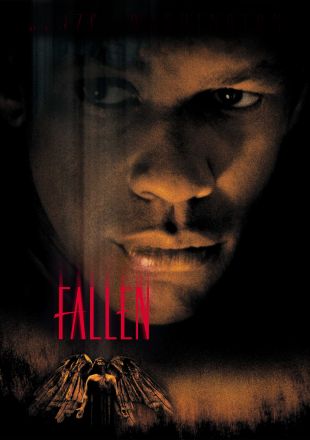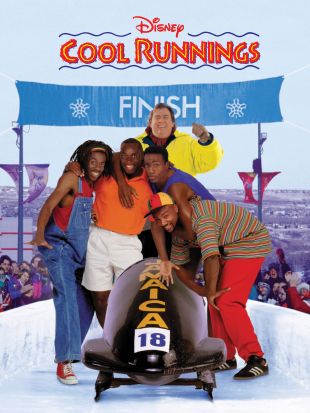When Dawn Steel took the reins as president of production at Paramount Pictures in the early '80s, she was a pioneer for Hollywood women. When she took control of Columbia in 1987, she became a legendary example of how guts, hard work, a fiery temperament, and a staunch "can-do" attitude could be harnessed to push through even the thickest glass ceiling.
She was born Dawn Spielberg (no relation to Steven Spielberg) in Manhattan but was raised in Little Neck, Long Island. Her father was a former competitive weight lifter known as "The Man of Steel" who later became a zipper salesman. Believing that his Jewish name would hurt sales to the Army, he changed the family name to Steel. His daughter attended Boston University, but she dropped out to become a secretary. She began climbing corporate ladders shortly after landing a position at Stadia Books (a publishing house specializing in sports publications). But though Steel was promoted compiling football statistics, she found herself segregated from the Yankee Stadium pressbox and unable to do her work. Steel then went to work for Penthouse magazine. After working several jobs, she was promoted to merchandising director and played a key role in getting the adult-oriented magazine displayed in mainstream markets such as K-Mart. She left Penthouse in 1975 to open her own company, Oh Dawn! Her main product was "Gucci" toilet paper emblazoned with the famed designer's logo. The Italian fashion mogul was unimpressed with the gesture and sued. In 1978, Steel divorced her first husband, Ronnie Rothstein, and left Oh Dawn! One of her lawyers helped her get a job in the Paramount merchandising department in Los Angeles. One of her first tasks was to provide merchandising for the first Star Trek film. Production costs on the elaborate space opera were well over budget, but thanks to Steel's cross-marketing deals with McDonalds and Coca Cola, the producers were able to recoup some of money.
Her merchandising prowess attracted the attention of studio head Michael Eisner who offered her a chance to produce films under the supervision of division president Don Simpson. In 1982, Steel waged war against the studio in hopes of persuading them to allow her to have the movie Flash Dance. It would be the first of a string of successes that culminated in Steel's taking over the president of production slot from the departing Eisner and Jeffrey Katzenberg. Thus she became the second female production head in studio history -- her precursor was Sherry Lansing. While in that position, Steel oversaw the production of such hits as Fatal Attraction and The Accused. She remained with Paramount until 1987, when she was successfully wooed into taking over the floundering, Coca Cola-owned Columbia division of their Columbia-TriStar studios. She was the first woman to hold such a high-ranking studio position. She again proved canny and successful and soon was given control of TriStar. During her two-year reign, she successfully stabilized the company. In 1989 she completed two years of preparation for selling the company to Sony and earned 7 million dollars. Jon Peters and Peter Guber then took over the company and Steel was slowly pushed out of the way. The following year, she moved to Disney to again work under Eisner and Katzenberg as an independent producer. A battle over the production of Cool Runnings, the story of the formation of an Olympic Jamaican bobsled team, soured her relationship with Disney and the film was not completed until she left. As she had predicted, the film was a hit. In 1993, she produced a benefit for children with AIDS, For Our Children, for the Disney Channel. After leaving the studio, Steel and her husband founded Atlas Pictures and working under Turner Pictures went on to produce such films as Angus, 12 Monkeys, and City of Angels. In addition to her production work, Steel was involved with the California Democratic Party. She published her memoirs, They Can Kill You, But They Can't Eat You in 1993. Dawn Steel died in Cedars-Mount Sinai Hospital on December 20, 1997, at the age of 51 after having been diagnosed with a brain tumor.


